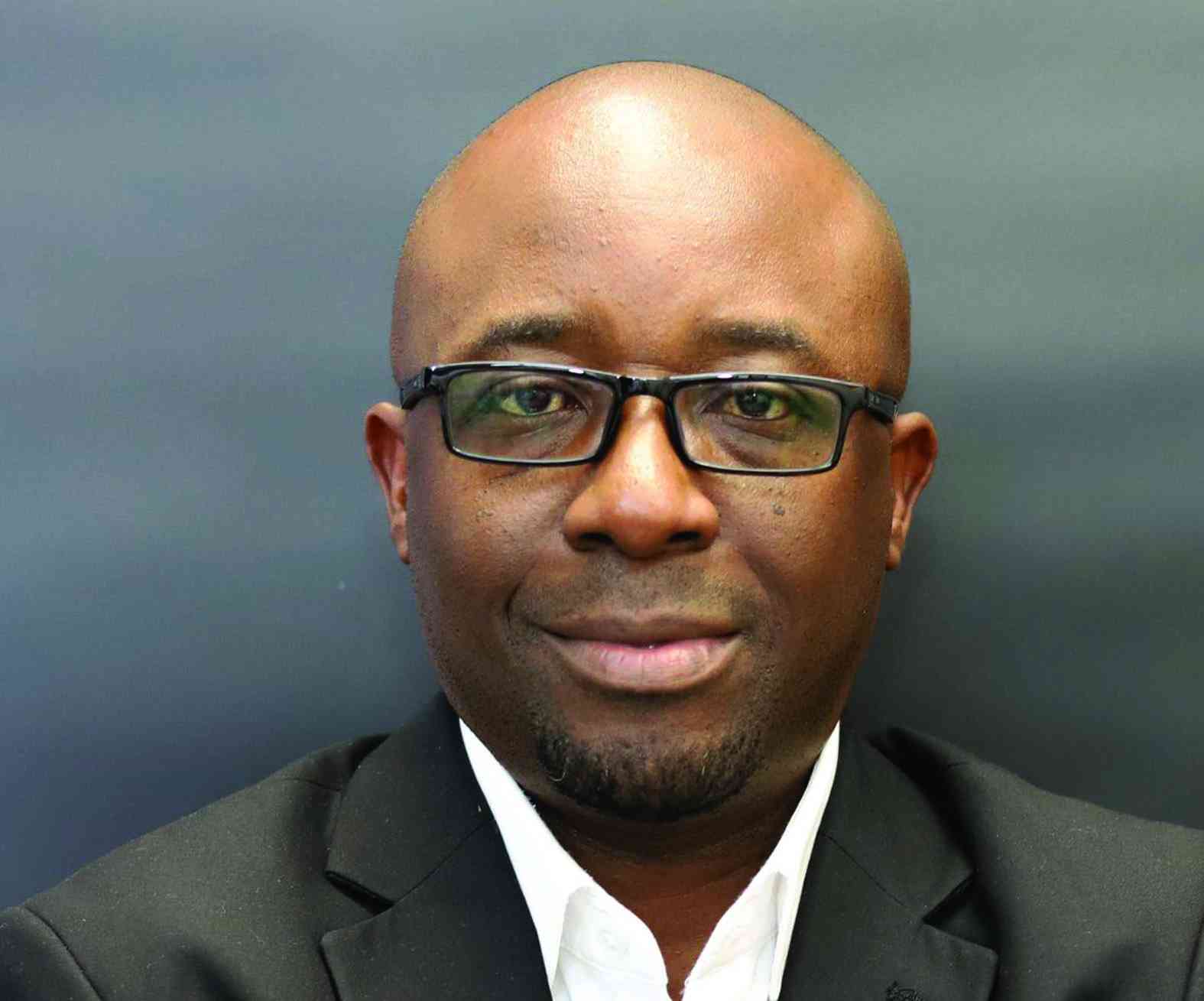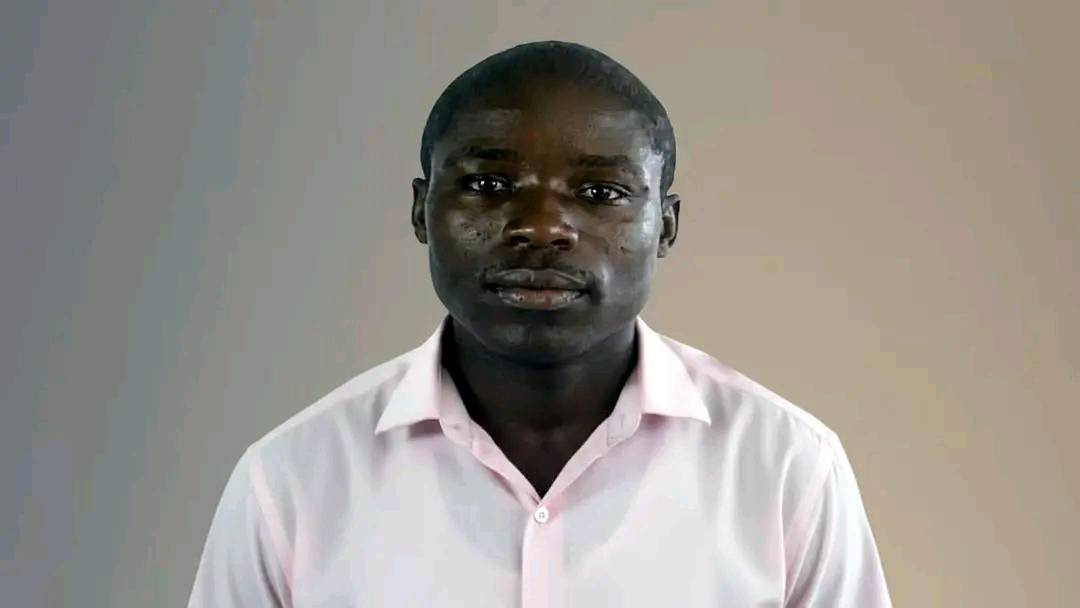
IT started with a sound no one else could hear.
One evening, I was sitting with my sisters when I heard a faint buzzing, like a distant mosquito trapped in my ear.
“Do you hear that?” I asked.
They looked at me, confused.
“Hear what?” they asked while looking around.
That moment changed everything.
What followed was the slow, unnerving onset of tinnitus, a constant ringing, buzzing or humming in the ears with no external source.
An invisible intruder.
At first, I dismissed it, thinking it would pass. But the sound would not fade.
It grew louder, moved to both ears, and began to consume my quiet moments.
That was when fear set in.
Tinnitus is not a disease, but a symptom.
It affects millions globally, across all age groups and though common, it is still widely misunderstood.
It signals an underlying condition such as hearing loss, nerve damage or stress, but has no known
cure.
Only management strategies exist.
I confided in a relative, who recognised the signs immediately.
“That sounds like tinnitus,” she said, sharing her own experience.
A doctor confirmed it.
“It is incurable, but manageable,” the doctor explained.
The words felt final.
There was no prescription, no clear remedy, only an invitation to adapt and cope.
As a development professional and social work consultant based in Harare, I have spent years advocating for inclusive, community-based solutions, particularly for people living with invisible
disabilities.
I hold a Post-Graduate Diploma in Social Work, a Master of Science in Development Studies and a Bachelor of Science Honours Degree in Sociology and Gender Development Studies.
I currently serve as a consultant at Disability and Development Pathways where I contribute to projects that promote accessibility, equity and empowerment for marginalised communities.
Yet nothing in my professional background prepared me for the deeply personal challenge of living with an unseen condition like tinnitus.
It humbled me and made me reflect on the resilience required by those I serve.
Nights became the hardest.
I would lie awake, exhausted, but unable to sleep through the relentless noise.
In the stillness, the ringing grew louder.
One night, I gave up on rest, wrapped myself in a robe and sat alone in the dining room, searching for answers online.
I found a WhatsApp group and asked: “Does it ever go away?”
A certain woman responded saying she had tinnitus since 2015.
“You can only manage it. It does not go away,” said the woman.
I cried.
I was 31 and staring down a lifetime of noise.
I learnt there are two main types of tinnitus.
Pulsatile tinnitus, which is linked to blood flow and can sometimes be treated.
Then there is permanent tinnitus, which I have, and is chronic.
Sound therapy, counselling and lifestyle changes help.
Some days are better.
A few bring brief moments of silence, which I treasure.
I still do not know what triggered mine, but I noticed something surprising.
Fasting seemed to quiet the buzz.
Giving my body space to heal brought some relief.
It is not a cure, but it offers hope, a small but significant reminder that our bodies, though fragile, can also be adaptive.
Tinnitus is an invisible struggle.
There are no outward wounds, just endless sound.
Yet it can be utterly life-changing.
The mental and emotional toll is enormous, especially when society often expects visible proof of pain or suffering.
Through sharing my story, I want to raise awareness.
If you hear phantom sounds, you are not alone.
There is help, support and community.
We need more understanding.
Imagine getting into a kombi blaring music and when you ask for the volume to be lowered, the conductor says: “You can drop off. We do not turn it down.”
For someone with tinnitus, loud noise is not just irritating.
It is painful.
Today, I have adapted to this lifetime buzz.










